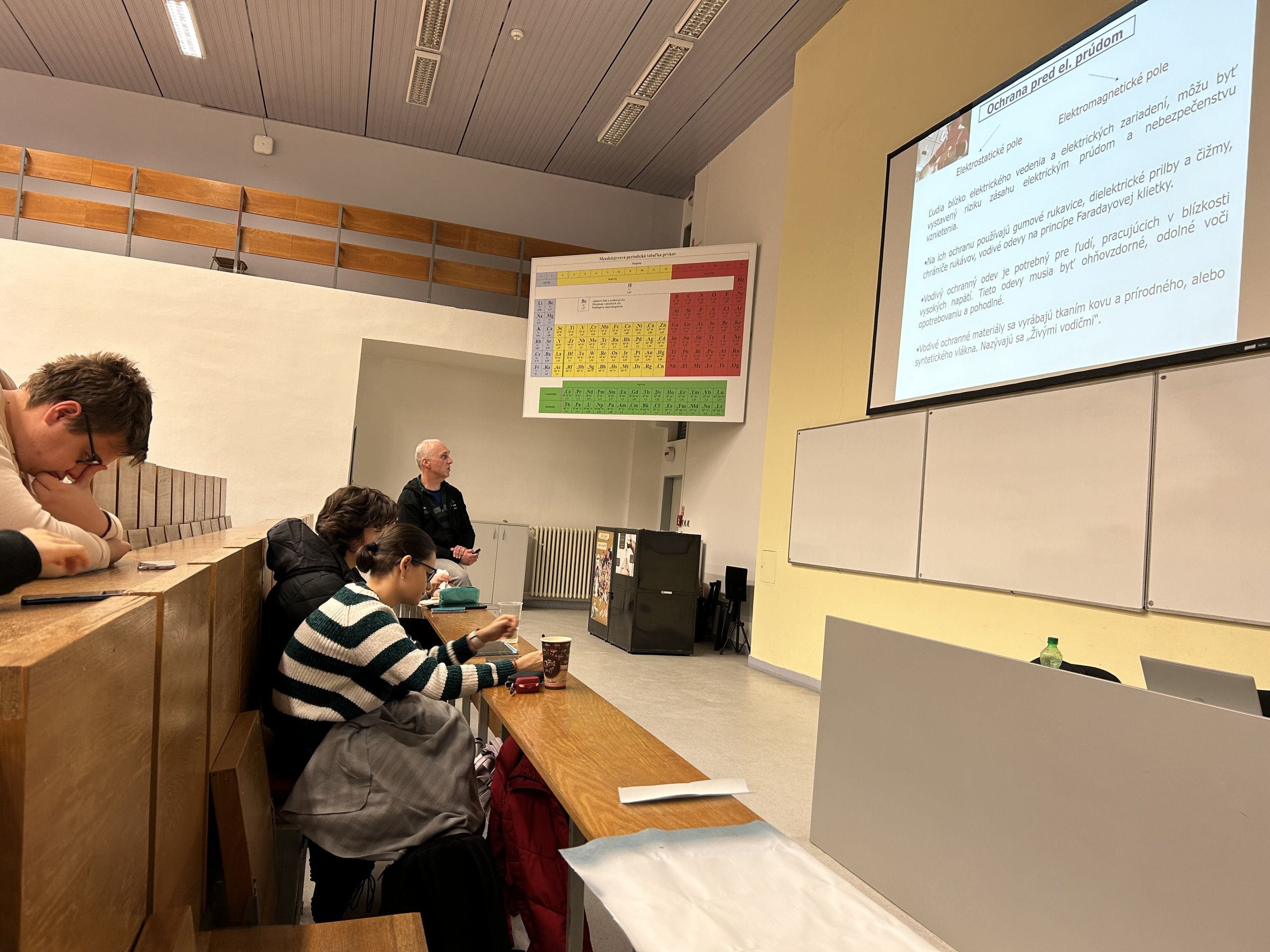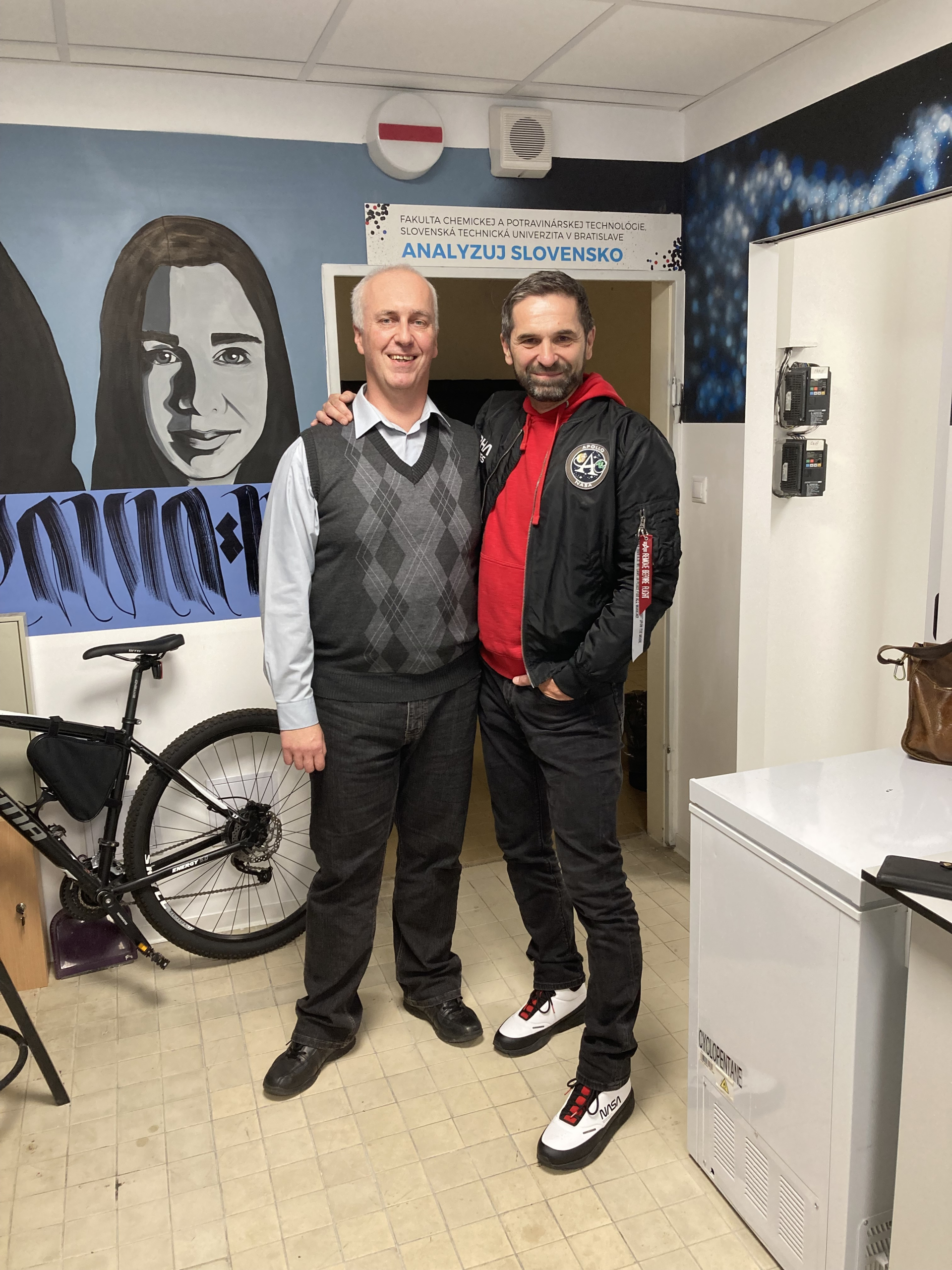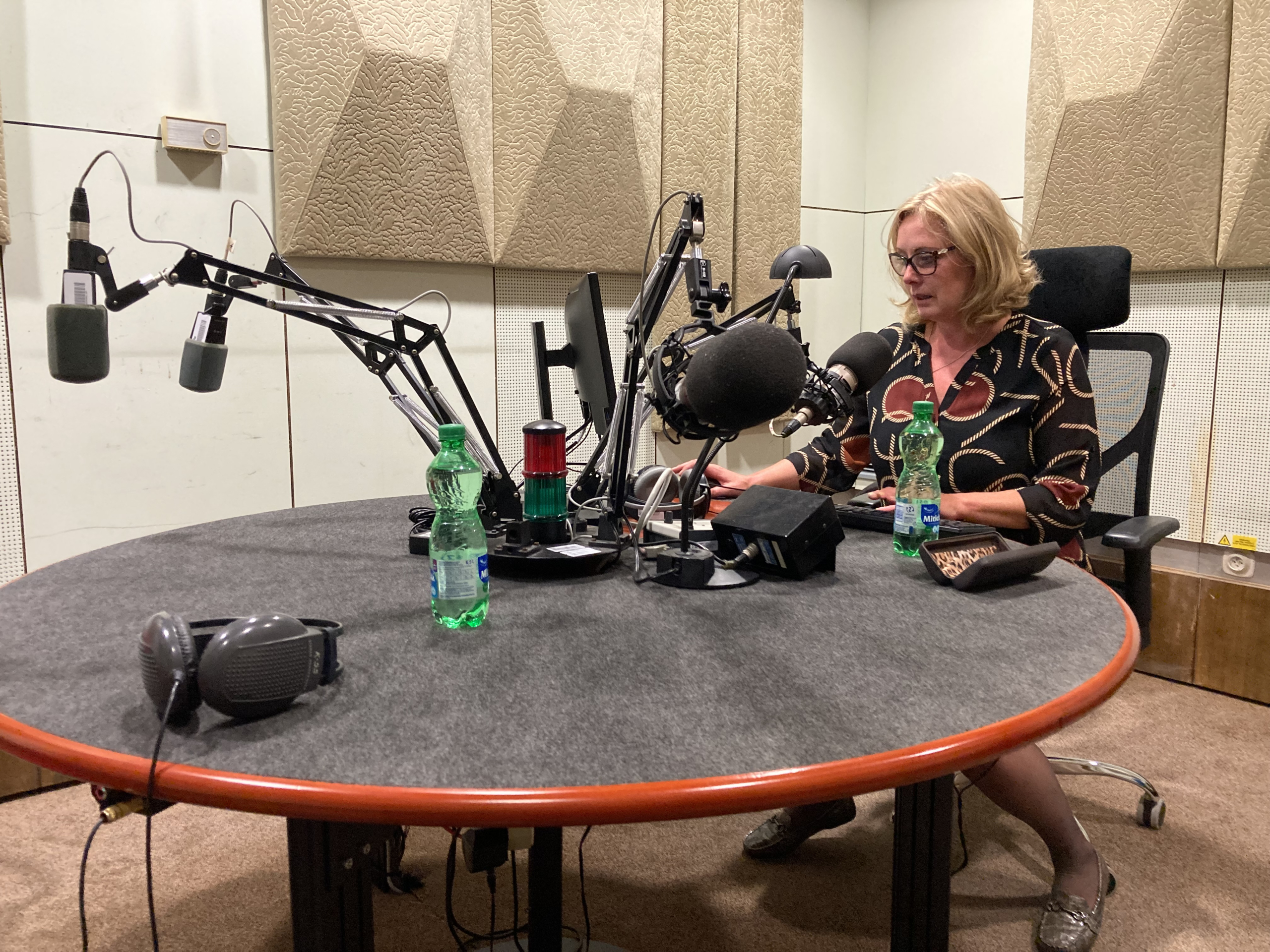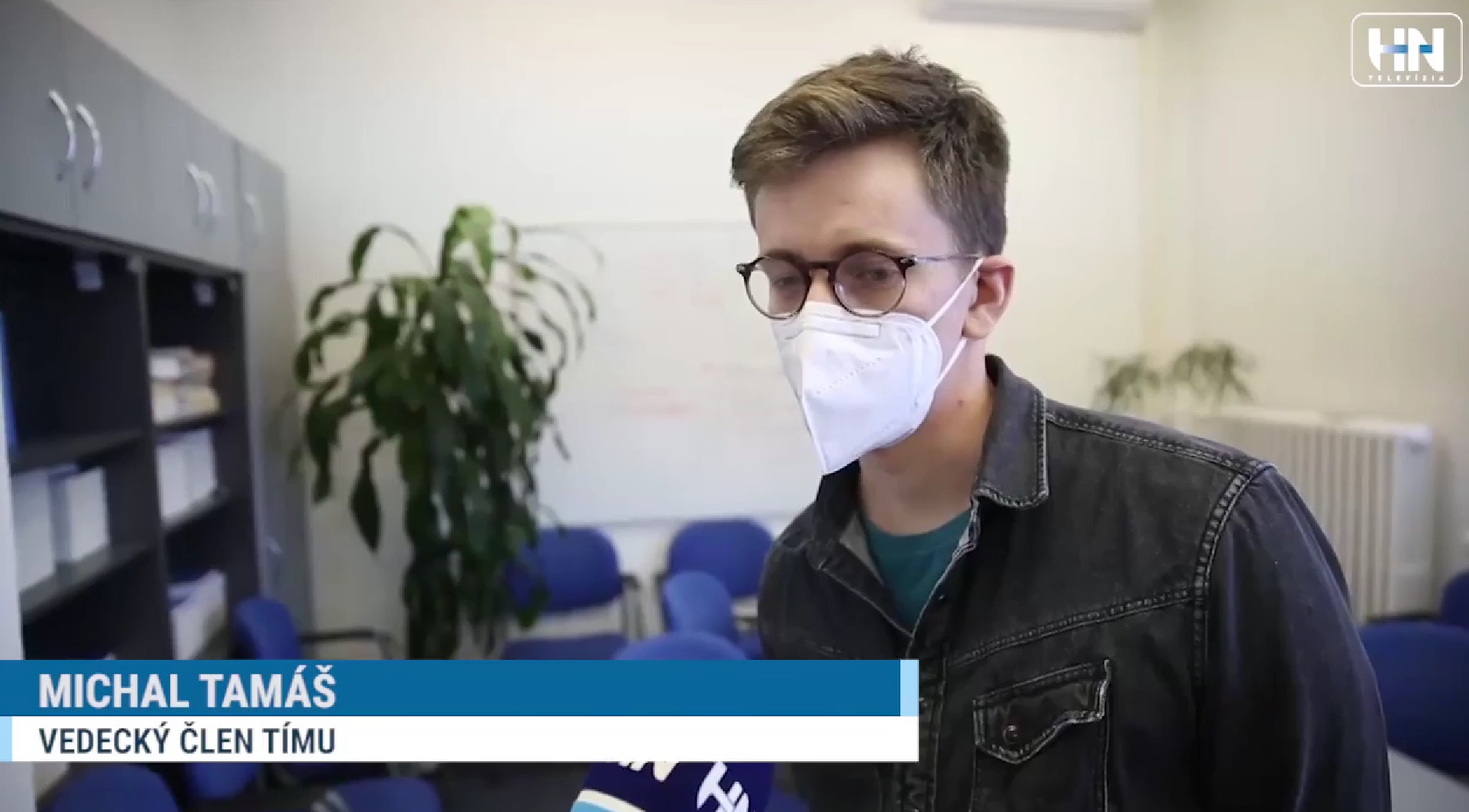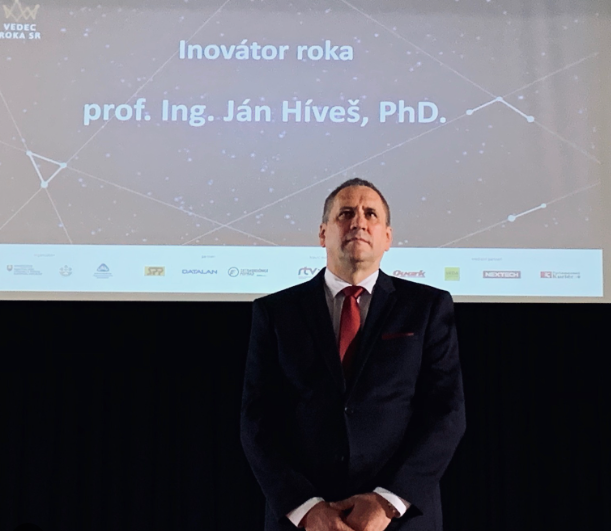The main objectives of the Spin-off include monitoring the occurrence of micropollutants and microplastics in drinking, surface, and wastewater not only in Slovakia. Much attention is paid to effective detection, toxicity assessment, and defining the dominant sources of microplastics and nanoplastics.
In addition, we also focus on the occurrence of selected resistant types of pathogens not only in wastewater at WWTPs but also in other water ecosystems. This is an extremely topical and much-discussed question on a pan-European scale because the ever-increasing consumption of antibiotics and their transport into the aquatic environment causes an increase in the resistance of bacteria to antibiotics, which may ultimately result in the ineffectiveness of antibiotics in the case of an acute need for humans.
The main objectives of the Spin-off include monitoring the occurrence of micropollutants and microplastics in drinking, surface, and wastewater not only in Slovakia. Much attention is paid to effective detection, toxicity assessment, and defining the dominant sources of microplastics and nanoplastics.
In addition, we also focus on the occurrence of selected resistant types of pathogens not only in wastewater at WWTPs but also in other water ecosystems. This is an extremely topical and much-discussed question on a pan-European scale because the ever-increasing consumption of antibiotics and their transport into the aquatic environment causes an increase in the resistance of bacteria to antibiotics, which may ultimately result in the ineffectiveness of antibiotics in the case of an acute need for humans.
Research activities are also focused on the development of possible technologies capable of effectively degrading or removing the given pollution, especially in different types of water (dominantly drinking and wastewater) or environmental loads. An important part of the research covers various biological processes, oxidation processes and their modifications (e.g., UV/photolysis and iron oxides (FeVI) with the possibility of encapsulation), nanotechnology (production and applications of nano and microbots), nanomaterials (based on carbon, metals, and silicon) and also membrane technologies. The above-mentioned activities are mainly connected with the development or testing of new and effective technologies and their combinations with applications in the environment.
Research activities are also devoted to the issue of legal and illegal drugs or new psychoactive compounds. Research in this area focuses on the occurrence and consumption of drugs in society based on the analysis of wastewater and is also devoted to the development of various innovative detection techniques. For this purpose, we have cooperation with several universities and companies.
Education activities
